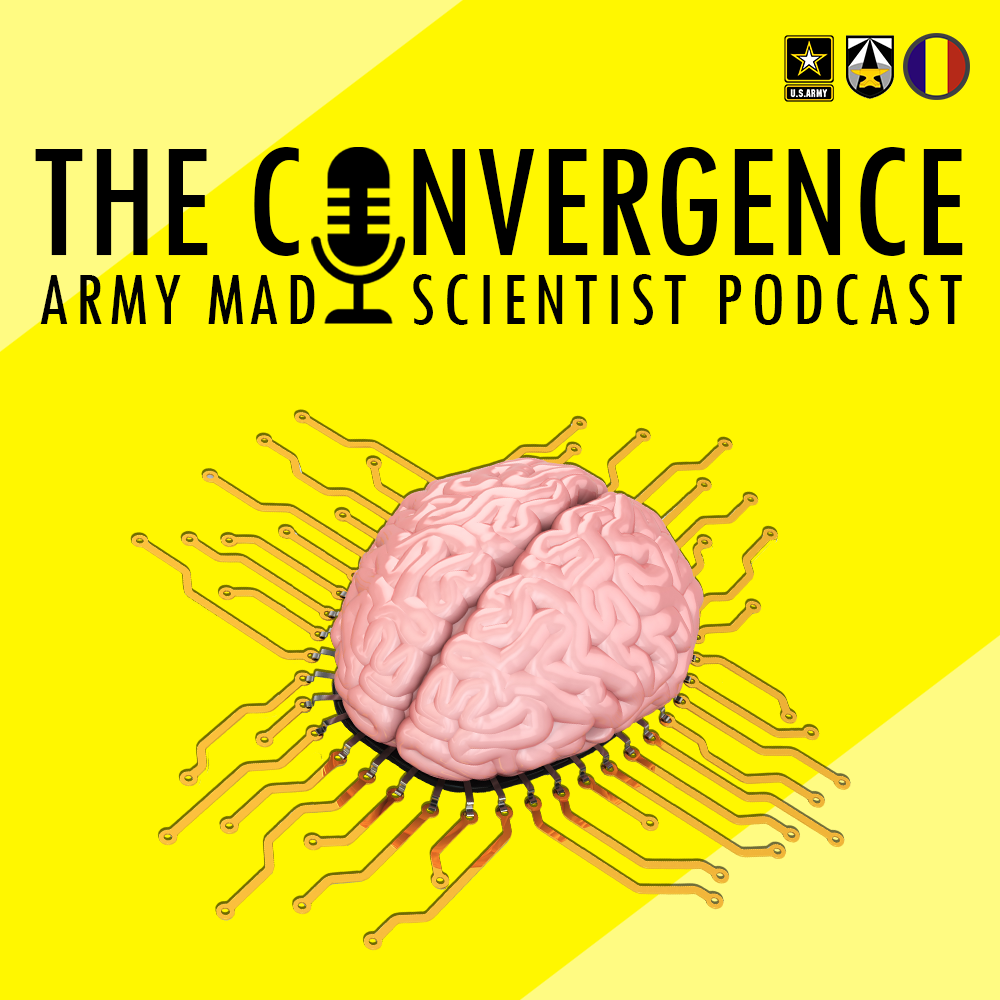In this latest episode of “The Convergence,” we continue our discussions with research fellows from The College of William and Mary’s Project on International Peace and Security (PIPS). PIPS is one of the premier undergraduate think tanks in the country. Based at W&M’s Global Research Institute, PIPS is designed to bridge the gap between the academic and foreign policy communities in the area of undergraduate education. PIPS research fellows identify emerging international security issues and develop original policy recommendations to address those challenges. Undergraduate fellows have the chance to work with practitioners in the military and intelligence communities, and they present their work to policy officials and scholars at a year-end symposium in Washington, DC.
In this episode, we discuss how our adversaries are employing technology-enabled disinformation campaigns, what China’s strategic export of its surveillance state means for the future of the internet, and the challenges posed by weaponized deepfakes with Lincoln Zaleski, Michaela Flemming, and Megan Hogan. Highlights from the conversation include:
If you enjoyed this post and podcast, check out our GEN Z and the OE event page on the Mad Scientist APAN site to read each of the PIPS research fellows’ abstracts…
… watch Panel 1 and Panel 2 as they discuss the ramifications of their research on the OE and the changing character of warfare…
… and listen to Part 1 of this podcast here.

“The only way of discovering the limits of the possible is to venture a little way past them, into the impossible.” — Sir Arthur...

Amy Webb advises Chief eXperience Officers (CXOs) of the world’s most-admired companies, three-star admirals and generals, and the senior leadership of central banks and...

In today’s podcast, Major Rob Slaughter discusses Platform One (P1), an official DoD DevSecOps Enterprise Services team. P1’s vision is to create an innovative,...